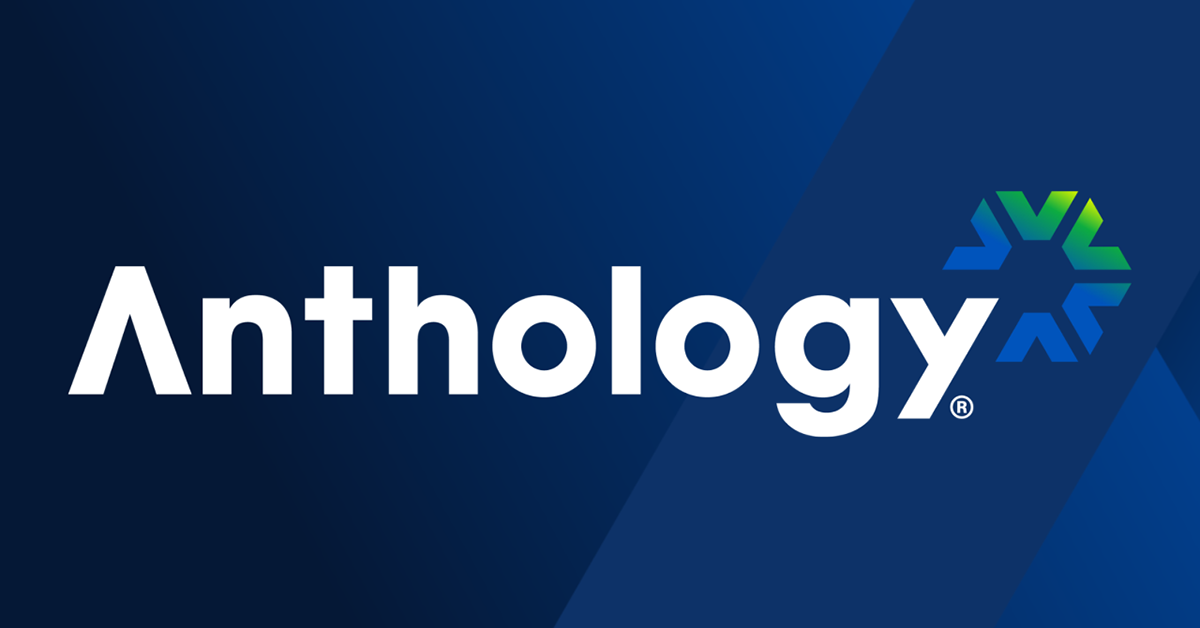Anthology’s Strategic Shift: A Retreat from the All-in-One Bet
Principal Analyst

Anthology’s recent announcement of a “strategic transformation” signals a significant course correction. The company plans to divest its student, finance, and HCM products, with Ellucian named as the stalking horse bidder and Encoura also taking on part of the portfolio. At the same time, Anthology will restructure itself around its Teaching and Learning portfolio and shed a heavy debt load.
A stalking horse bidder is an initial bidder chosen to set the floor price for assets in a sale process, often tied to bankruptcy protection. The role is important because it provides assurance to the seller and creditors that there will be at least one viable buyer, while also inviting competitive bids that could raise the final price. In Anthology’s case, this arrangement signals both stability and risk: stability in knowing Ellucian is ready to step in, but risk in the fact that Anthology is seeking protection from creditors in the first place.
Anthology was originally formed through the combination of Campus Management, Campus Labs, and iModules, later merging with Blackboard. From the outset, the company was backed by private equity and pressed to deliver strong financial returns. The all-in-one vision, combining Student (SIS), LMS, analytics, student success, and more, was bold and well-capitalized. The theory was compelling: fewer integrations, unified data, and one vendor relationship. But the reality was different. It’s challenging for a company to deliver a broad range of solutions and gain satisfaction and trust. Many institutions thus find themselves maintaining a mix of vendors instead.
This transformation reads as an acknowledgment of that failure. The “all-in” experiment never gained traction, and maintaining such a wide scope proved unsustainable. Now Anthology is narrowing its focus to the areas where it still has brand strength, particularly Blackboard and related teaching and learning tools.
The good news is that a debt-free, smaller Anthology can be more nimble and concentrate investment where it has the best chance to compete. Shedding distractions like student, finance, and HCM may improve execution. The bad news is that the divestitures create real uncertainty for customers. Some will inevitably wonder if the acquired Anthology products are destined to be sunset, especially given Ellucian’s decision to retire PowerCampus. If that happens, institutions could be forced into costly and unplanned migrations to Colleague or Banner, or back into the market in search of alternatives.
At the same time, there are reasons to believe Ellucian may maintain the products rather than retire them quickly. Anthology’s customer base still includes a large share of for-profit institutions that demand flexibility Ellucian has historically struggled to deliver. Consolidating those customers into Colleague or Banner could prove unworkable. In this sense, Ellucian may be compelled to support three distinct code lines for the foreseeable future, even at significant cost.
Ellucian is in a stronger position than Anthology to absorb this challenge. With greater organizational depth, more experience managing acquisitions, and broader support capacity, it is better equipped to stabilize student systems for institutions than Anthology would be on its own. However, Ellucian faces pressures of its own. It is still investing to sustain two ERP code lines, and adding a third multiplies both technical and customer-management complexity. At the same time, the company is under intense revenue pressure, with a pricing model that has already pushed some institutions away. It is reasonable to expect that pressure to grow as the portfolio expands. And for Anthology customers currently at odds with the company over student implementations, bankruptcy protection limits their recourse if they are seeking relief or resolution.
And for Anthology, the trade-offs are clear. It loses the cross-selling leverage it once hoped to gain from the unified suite. At a time when competitors are leaning into interoperability and modular ecosystems, Anthology’s credibility will depend on whether it can focus without fading into a narrower niche.
For higher education leaders, the lesson is clear. The industry has shown it will not go all in on a single vendor. The safer bet remains a modular strategy with strong interoperability. Anthology’s reset is not the end of the story, but it is a reminder that ambition without adoption eventually forces a rethink.
You May Also Like
- Workday Rising 2025: Repositioning Workday
- Build for Stability, Invest in What Makes You Stand Out
- AI in Teaching and Learning: Pedagogy at Scale…And the Stakes if We Get it Wrong
Originally posted by Matthew Winn on LinkedIn. Be sure to follow him there to catch all his great industry insights.
Categories
Share Article:

Other Posts From this Author:
© Copyright 2026, The Tambellini Group. All Rights Reserved.